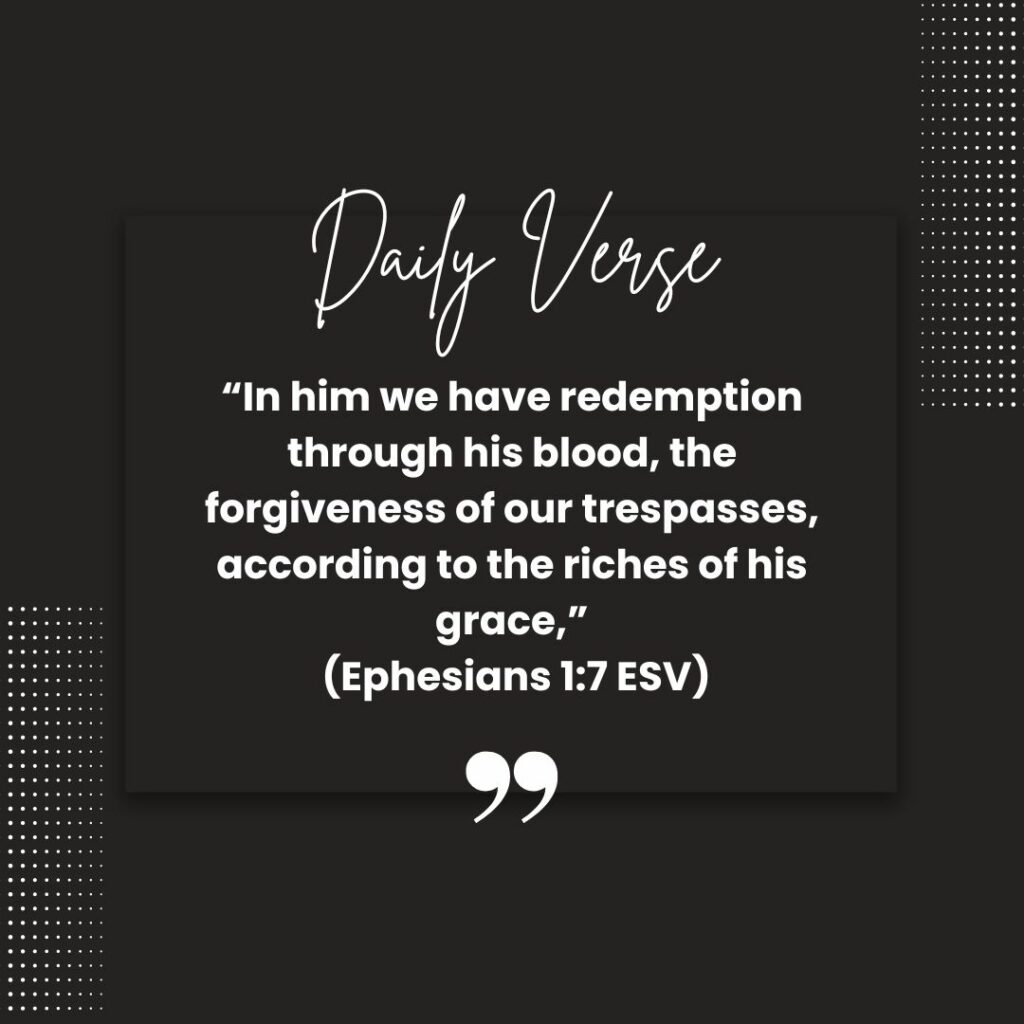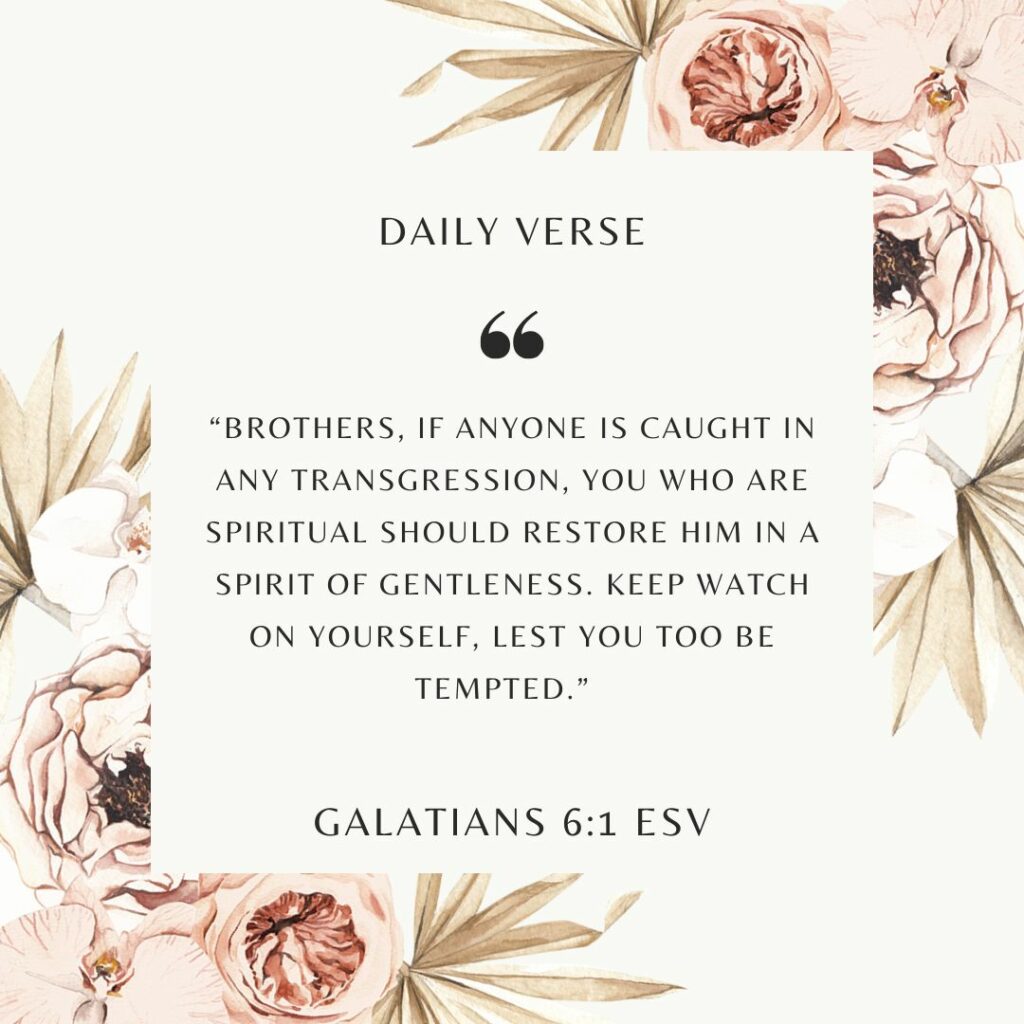2 minute read.

Daily Reading: Isaiah 41:17-43:13 ESV, Ephesians 2:1-22 ESV, Psalm 67:1-7 ESV, Proverbs 23:29-35 ESV
Daily Verse: “For he himself is our peace, who has made us both one and has broken down in his flesh the dividing wall of hostility” (Ephesians 2:14 ESV)
PHRAGMOS (5418): “Denotes any sore of fence, hedge, palings, or wall. Metaphorically, of the “partition” which separated Gentile from Jew, which was broken down by Christ through the efficacy of His expiatory sacrifice, Eph. 2:14.”[1]
Broken down.
Hostility separated the Gentiles and Jews in the early church. Jesus broke down the partition between them with His love. Tearing down the walls with grace and mercy unites people in ways nothing else can.
One of the most fantastic things about Jesus, He solves relationship problems like no one else. Christ draws people to Him individually. My relationship with Jesus varies from every person who reads today’s devotional, yet we worship the same God.
Peace and Peacemaker
When Jesus died on the cross, He reconciled the Jews and Gentiles by making them one in Him. In other words, people follow Jesus from all walks of life; Christ unites those who believe and trust in Him, no matter their background.
Before Jesus, the Jewish law separated the Gentiles from the Jews. But Christ fulfilled the law, tearing down the barrier between the two groups. United in Jesus, they find peace from the Peacemaker.
Christ tears down the walls in our lives separating us from people. Our view changes when we ask God to help us see others as He does. The rude person in line, viewed through God’s lens, becomes a hurting individual who needs patience and mercy, not judgment.
Let Jesus tear down the walls in your relationships. As you focus your eyes on Christ, view others through His lens. When Jesus died on the cross, He did so for everyone. Whether or not they choose Him, Christ chose them. And He calls us to love all people, not just the ones like us.
Spread Jesus’ love to the world today, one act of kindness at a time. Let the Peacemaker bring peace into your life.
[1] Strong, J., & Strong, J. (2010). The New Strong’s expanded exhaustive concordance of the Bible. Greek Dictionary of the New Testament (p. 266) Thomas Nelson










